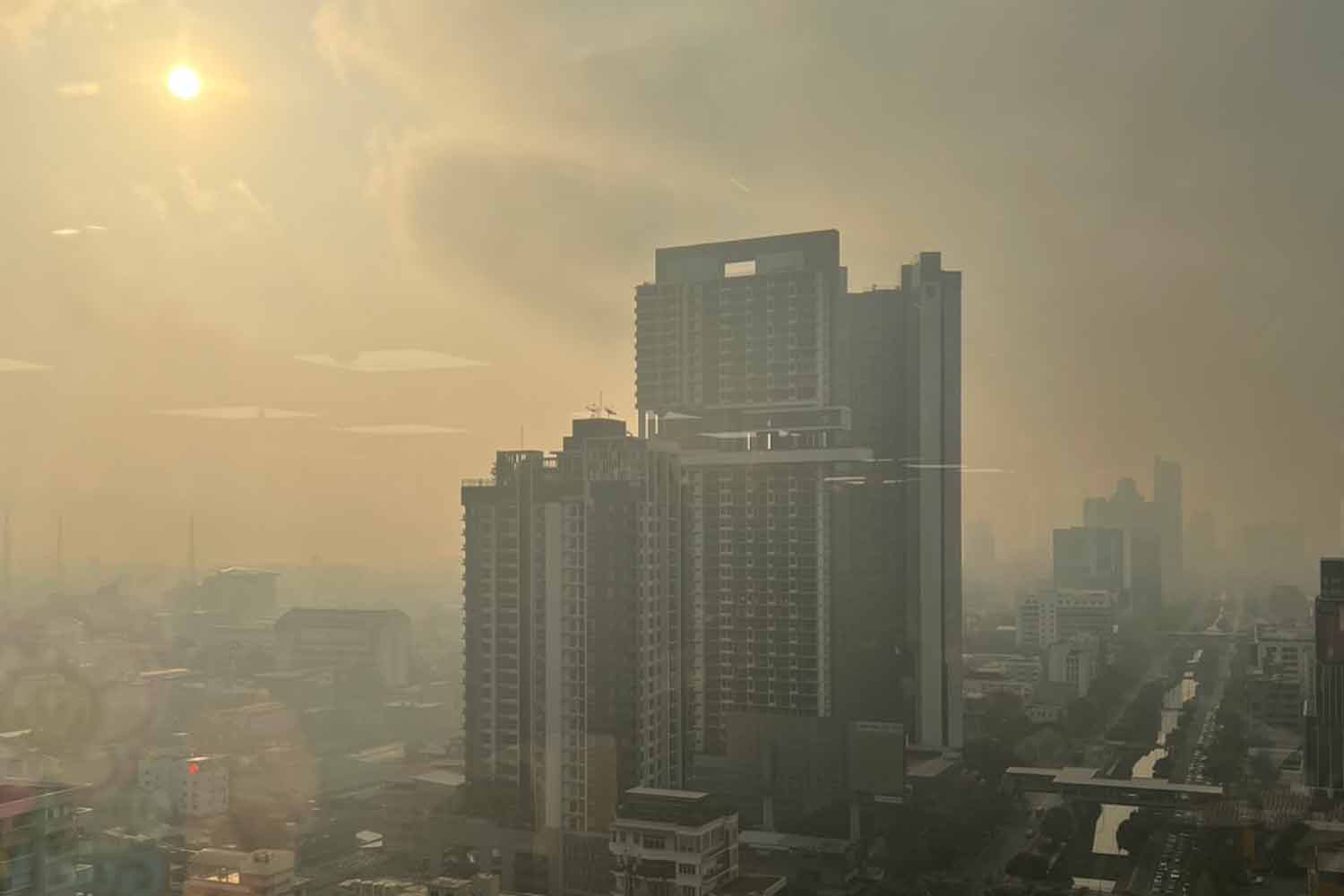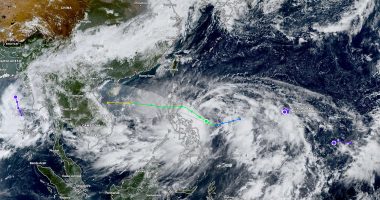Thailand is facing a severe air pollution crisis as Bangkok and 57 out of 76 provinces are blanketed in dangerous levels of fine particulate matter. The Geo-Informatics and Space Technology Development Agency (Gistda) reported alarming concentrations of PM2.5 particles across the country, raising serious health concerns for millions of residents.
Widespread Red-Level Air Pollution
Northern and Northeastern Regions Hit Hardest
The air quality situation is particularly dire in the northern and northeastern regions of Thailand. Bueng Kan province recorded the highest PM2.5 level at 146.2 micrograms per cubic meter, followed closely by Nong Khai and Loei. These readings far exceed the government-set safe threshold of 37.5 micrograms per cubic meter, posing significant health risks to the population.
Capital City Not Spared
Bangkok Struggles with Unhealthy Air
Even the bustling capital of Bangkok has not been spared from the pollution crisis. The city reported PM2.5 levels of 99.7 micrograms per cubic meter, more than double the safe limit. This has resulted in a hazy skyline and reduced visibility, affecting daily life and potentially impacting tourism in the usually vibrant metropolis.
Health Implications and Concerns
Residents Urged to Take Precautions
With such widespread pollution, health experts are warning of potential respiratory issues and other health complications. The elderly, children, and those with pre-existing conditions are particularly vulnerable. Authorities are advising residents to limit outdoor activities and wear protective masks when venturing outside.
Environmental Challenges
Urgent Need for Pollution Control Measures
This recurring smog problem highlights the urgent need for more effective pollution control measures in Thailand. While some efforts have been made, such as offering free public transportation to reduce vehicle emissions, more comprehensive and long-term solutions are required to address this persistent environmental challenge.
Looking Ahead
Calls for Sustainable Solutions
As Thailand grapples with this air quality crisis, there are growing calls for sustainable solutions and stricter enforcement of environmental regulations. The government faces pressure to implement more robust policies to combat air pollution and protect public health in the long term.








